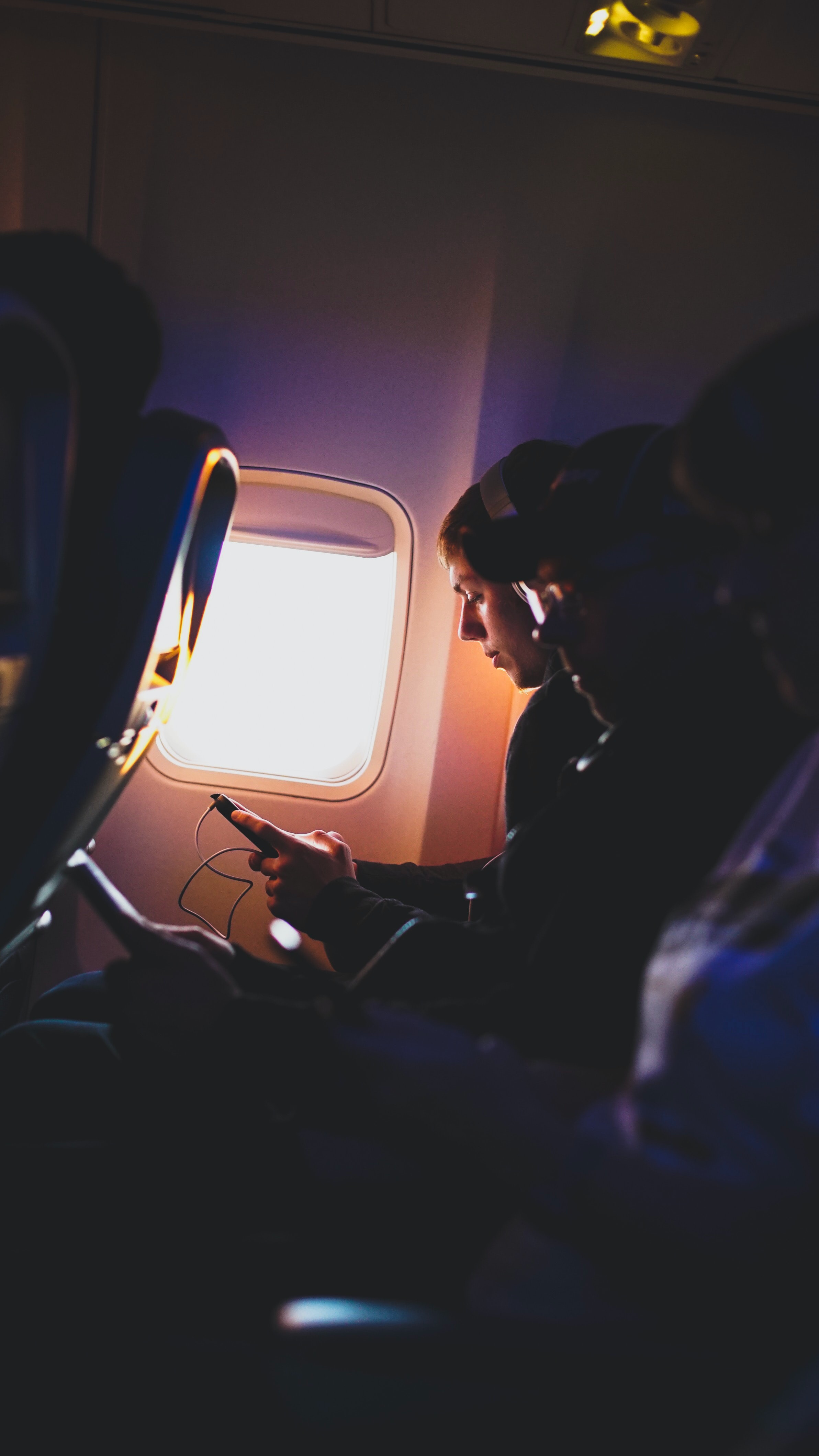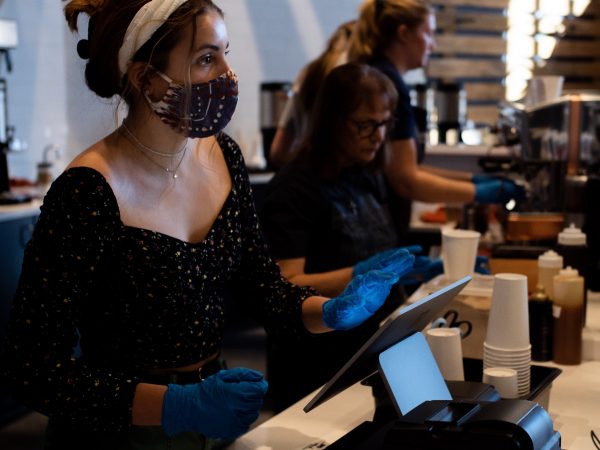 After 14 months of required mask-wearing in public transportation, travelers can now decide for themselves whether to wear a face mask on a flight. Hours after a federal judge struck down the federal mask mandate for public transportation, the Transportation Security Administration (TSA) announced it will stop enforcing the requirement. The mask mandate was due to expire on May 3. After 14 months of required mask-wearing in public transportation, travelers can now decide for themselves whether to wear a face mask on a flight. Hours after a federal judge struck down the federal mask mandate for public transportation, the Transportation Security Administration (TSA) announced it will stop enforcing the requirement. The mask mandate was due to expire on May 3.
Yesterday, U.S. District Judge Kathryn Kimball Mizelle, who was appointed by former President Donald Trump, ruled that the Centers for Disease Control and Prevention (CDC) had exceeded its statutory authority and failed to properly justify its decision. The Biden administration said it is reviewing the decision and assessing potential next steps. “In the meantime, today’s court decision means CDC’s public transportation masking order is not in effect at this time,” said a Biden administration official yesterday. “Therefore, TSA will not enforce its Security Directives and Emergency Amendment requiring mask use on public transportation and transportation hubs at this time. CDC recommends that people continue to wear masks in indoor public transportation settings.” For many months, the mask mandate has been a bone of contention between the government and airlines. In March, the chief executives of the seven U.S. airlines — Alaska, American, Delta, Hawaiian, JetBlue, United and Southwest — asked President Biden to end the mask mandate and drop the pre-departure testing requirement for international travelers coming to the U.S. Immediately following the TSA’s announcement, all of the major airlines announced they would immediately stop enforcing the mask mandate on flights. “In accordance with the Transportation Security Administration no longer enforcing the federal face mask mandate, face masks will no longer be required for our customers and team members at U.S. airports and on domestic flights,” said American Airlines in a statement. The U.S. tourism industry, which has long maintained that frictions like mask mandates and testing are bad for their business, welcomed the news. “The current decision to halt enforcement of the federal mask mandate effectively returns the choice of mask usage on planes and other forms of public transportation to travelers and travel industry workers, a further step toward endemic management of Covid,” said Tori Emerson Barnes, executive vice president of public affairs and policy at the U.S. Travel Association. “We also continue to urge the administration to immediately end pre-departure testing for vaccinated inbound international passengers, which discourages travel and provides limited public health benefits.” The end of the mandate comes as Covid-19 cases are rising in 32 states due to the spread of the BA.2 subvariant of omicron. Overall in the U.S., Covid-19 cases are up 42% from two weeks ago, but hospitalizations and deaths due to Covid have been kept low. That’s proof, said the White House Covid-19 advisor Dr. Ashish Jha on Sunday, that the vaccines are still “holding up” against the virus and the new strain does not cause more severe infection. About three out of four (74.3%) Americans age 12 and over are fully vaccinated, according to CDC data. However, less than half of those eligible for a booster shot have received one. Despite the ruling, it’s likely that many travelers will keep their masks on. Six out of 10 Americans (60%) support extending the mask mandate, according to a demographically weighted survey of more than 2,000 U.S. adults fielded in early April by The Harris Poll Covid-19 tracking survey. “Certainly no one here is trying to provoke uncertainty with passengers,” said White House press secretary Jen Psaki at a briefing yesterday. “We also think the mask mandate should be in place and that it’s safer for individuals who are flying to continue to wear masks. We would say to anyone sitting out there, we’d recommend you wear masks on the airplane.” “At this point, I think we can lift the mandate,” Dr. Scott Gottlieb, former commissioner of the Food and Drug Administration (FDA), told MSNBC’s “Morning Joe” last week, noting that passengers who were concerned about virus spread would have the option to put on masks, especially when boarding and disembarking planes. “Those are the highest risk points in time — when you’re boarding or when you’re coming off — because you’re congregating without the good air filtration,” said Gottlieb, adding that the air filtration “is only good once the engines start and the air is actually moving. The two most dangerous points in time are when you get on and off the plane when the air filtration isn’t on.” |


